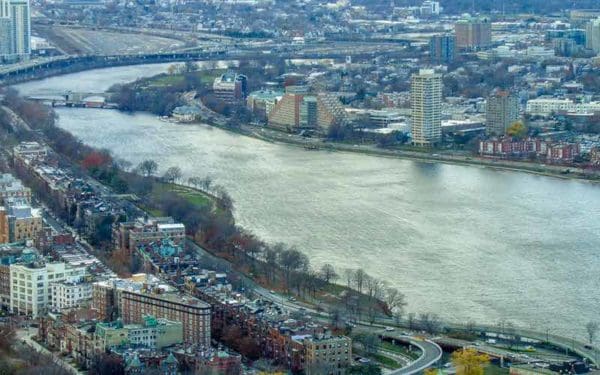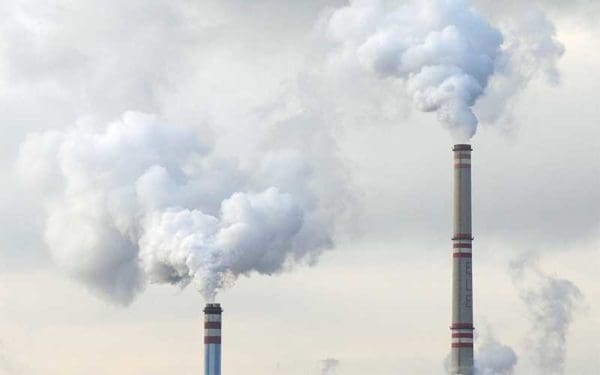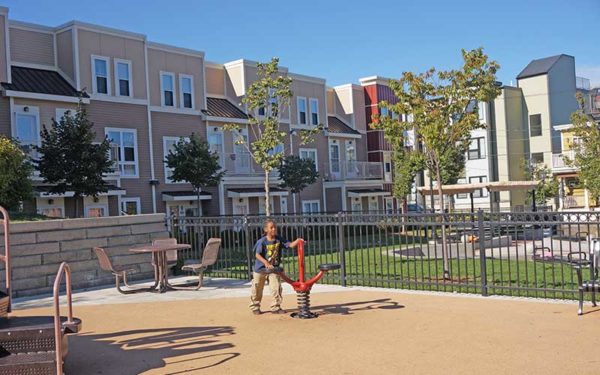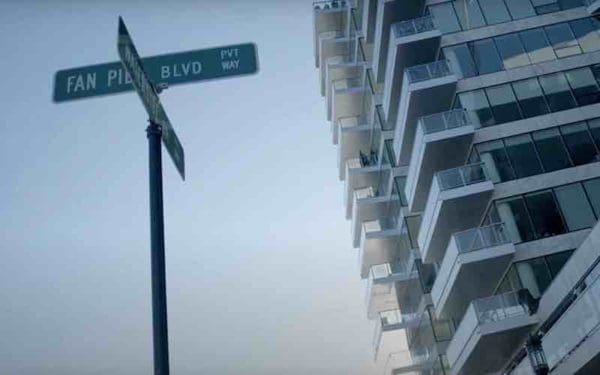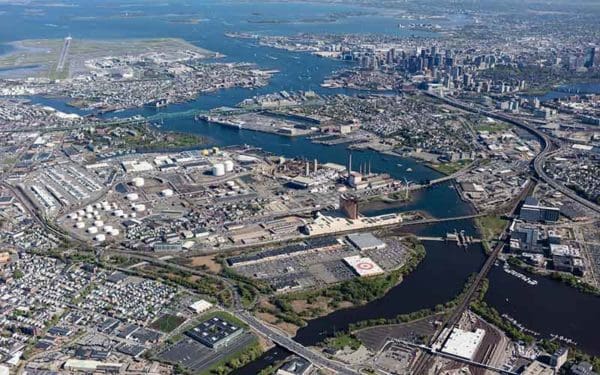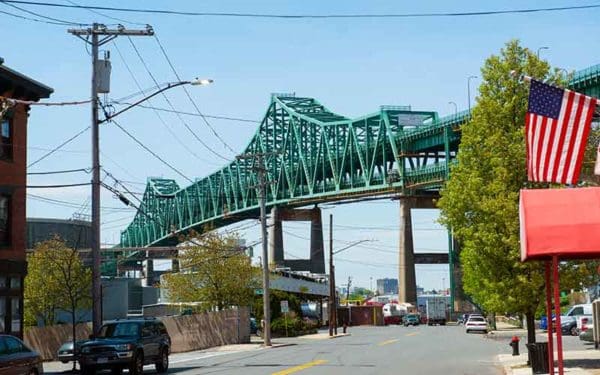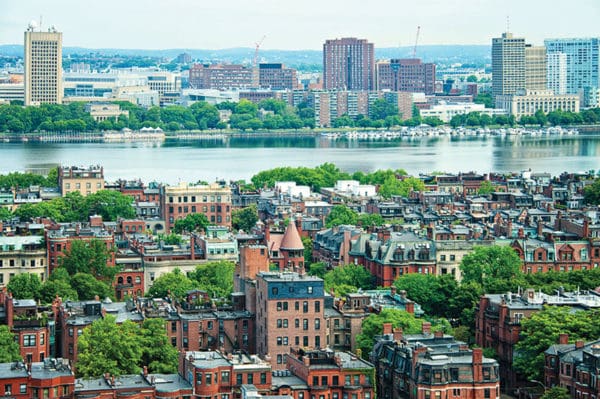Oct 30, 2020
“It is past time for MassDOT to heed the consensus among Mayor Walsh, transportation experts, and affected neighborhoods that the all at-grade approach is the best one for Boston, for commuters, and for the river,” said Bradley Campbell, President of Conservation Law Foundation. “The Baker Administration should start working for rather than against its own vision for the future of transportation in the Commonwealth.”
Oct 15, 2020
The City of Providence took a critical step in creating a zero-waste future and protecting its communities by banning trash incineration. The ban provides a model that other communities throughout the region can follow.
Oct 15, 2020
Low-income, immigrant, and communities of color experience more environmental burdens than whiter, wealthier neighborhoods. Having strong environmental justice legislation would make a significant difference in these neighborhoods, in part by simply ensuring residents have a voice in what happens in their own communities.
Oct 14, 2020
Private developers deliberately obscure the lines between public and private space along Boston’s waterfront – with the goal to make the general public feel unwelcome – even though we all have the legal right to access much of our waterfront lands. It’s time for private developers to become part of the solution to create a vibrant and welcoming Boston Harbor for all.
Oct 14, 2020
Environmental justice requires reversing and repairing the impacts of decades of environmental racism. Residents of environmental justice communities are the most likely to bear the burdens polluting industries and infrastructure, while having to fight for their share of resources we all need — healthy homes, schools, transit, food, and open space.
Oct 13, 2020
For decades, low income, immigrant, and communities of color across the Commonwealth have disproportionately born the burdens of air pollution from power plants, congested freeways, and industrial activity. After generations of disenfranchisement, what would having strong environmental justice protections mean for these communities?
Oct 06, 2020
The Green New Deal may be stalled on the federal level, but it’s always been local governments that move the needle on progress and have immediate, concrete impacts on our lives. Boston City Councilor Michelle Wu’s proposal – Planning for a Green New Deal & Just Recovery – is a great example of local action in the face of federal inertia, and offers an ambitious vision for Boston’s future.
Oct 05, 2020
Regional transit authorities provide a lifeline to millions of riders across the state. Our legislators must commit to funding these crucial pieces of infrastructure so they can continue to deliver necessary services for essential workers in Greater Worcester and throughout Massachusetts.
Oct 01, 2020
Covid-19 has laid bare the profound impact that your neighborhood has on your health. People in low-income communities of color with higher levels of pollution and overcrowded housing are being sickened and killed by the virus at much higher rates.
Sep 28, 2020
Too many of Eastie’s residents don’t have access to Boston Harbor despite it being the longest stretch of waterfront in the city and having the most striking views. The COVID-19 pandemic has shown us both the need for better open spaces and recreation areas for communities of color and the hurdles they face when it comes to actually using that space. Nowhere is that clearer than in East Boston.
